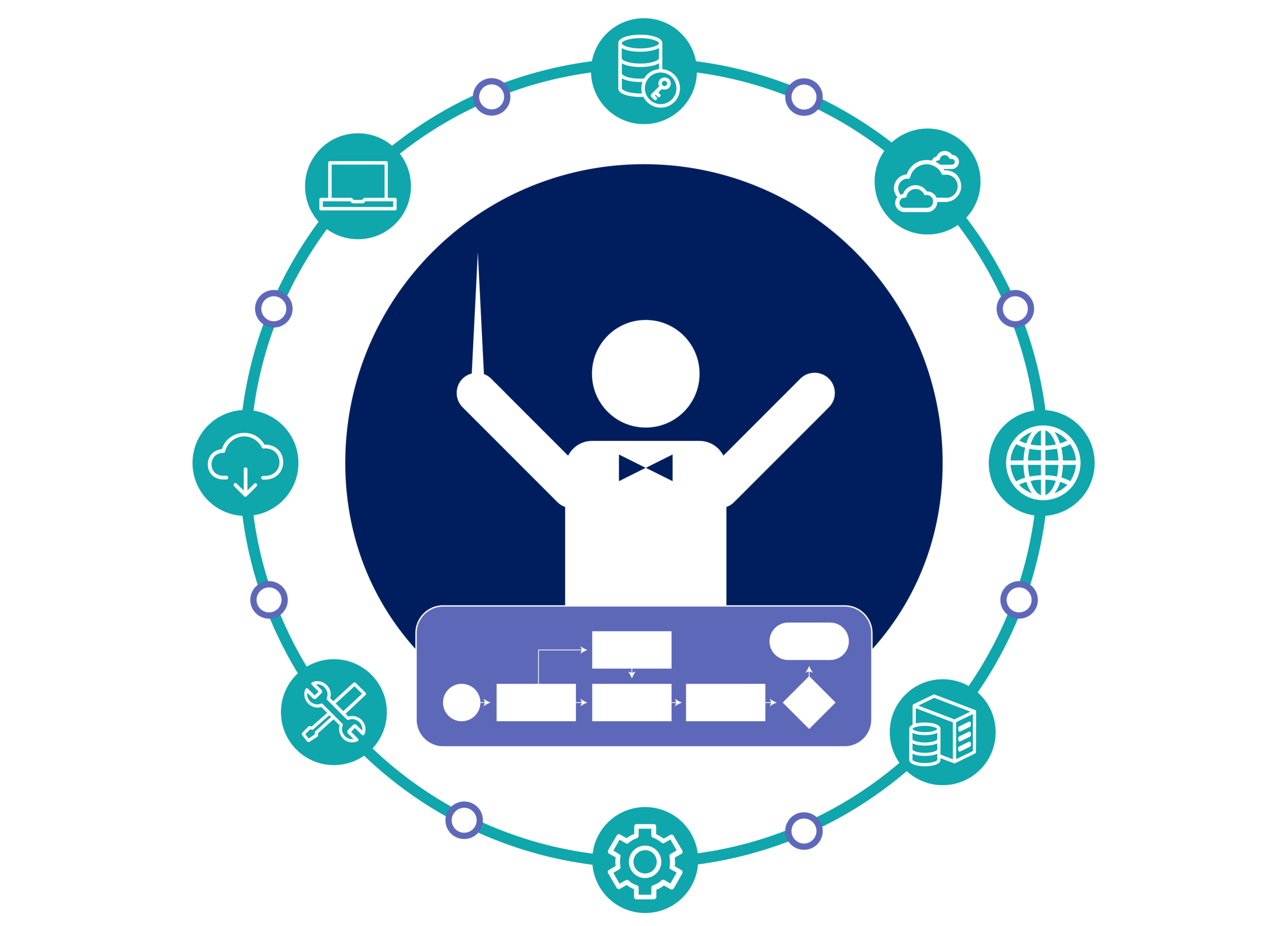Current Workflow Orchestration Market Trends indicate transformative changes with market value approaching USD 42.76 billion by 2035, progressing at 9.25% CAGR during 2025-2035. Artificial intelligence integration enables intelligent routing, predictive optimization, and autonomous decision-making within workflows. Low-code/no-code platforms democratize orchestration allowing business users to create sophisticated workflows without programming. Event-driven architectures replace batch processing with real-time orchestration responding to business events instantly. Cloud-native adoption accelerates with containerized deployments and Kubernetes-based orchestration becoming standard. Hyperautomation strategies combine RPA, AI, and orchestration for end-to-end process automation. Security-first design principles embed protection throughout orchestrated workflows addressing growing cyber threats. Observability and monitoring advancements provide unprecedented visibility into workflow performance and optimization opportunities. Industry-specific templates accelerate deployment through pre-built workflows addressing common use cases.
Technology trends reshape orchestration capabilities and deployment patterns across organizations. Microservices architectures require sophisticated orchestration managing distributed services and dependencies. API-first development enables seamless integration and workflow composition across diverse systems. Serverless computing influences orchestration design with event-driven, scalable execution models. GitOps practices bring version control and CI/CD principles to workflow management. Multi-cloud orchestration addresses workload portability and vendor independence requirements. Edge orchestration extends capabilities to IoT devices and distributed computing environments. Quantum-ready orchestration prepares for hybrid classical-quantum computing workflows. Blockchain integration enables trustless orchestration with immutable audit trails and smart contracts.
Business trends drive orchestration adoption patterns and investment priorities globally. Digital transformation acceleration requires orchestration for legacy modernization and system integration. Customer experience focus demands orchestrated journeys across channels and touchpoints. Operational resilience requirements promote orchestration for business continuity and disaster recovery. Compliance automation through orchestrated workflows ensures consistent policy enforcement. Remote work normalization sustains demand for automated, distributed business processes. Sustainability initiatives leverage orchestration for resource optimization and waste reduction. Data-driven decision making requires orchestrated data pipelines and analytics workflows. Ecosystem collaboration necessitates orchestration across organizational boundaries and partner networks.
Future trend projections suggest continued evolution toward autonomous, intelligent orchestration. Self-healing workflows automatically detect and resolve issues without human intervention. Predictive orchestration anticipates needs and proactively initiates workflows before requests. Cognitive orchestration understands context and intent, adapting workflows dynamically. Quantum orchestration manages hybrid workloads across classical and quantum systems. Biological process orchestration extends concepts to synthetic biology and bioengineering. Space orchestration addresses satellite constellations and extraterrestrial computing resources. Neural orchestration explores brain-computer interfaces for direct thought-based control. Metaverse orchestration coordinates virtual world interactions and digital twin synchronization.
Explore Our Latest Trending Reports:



